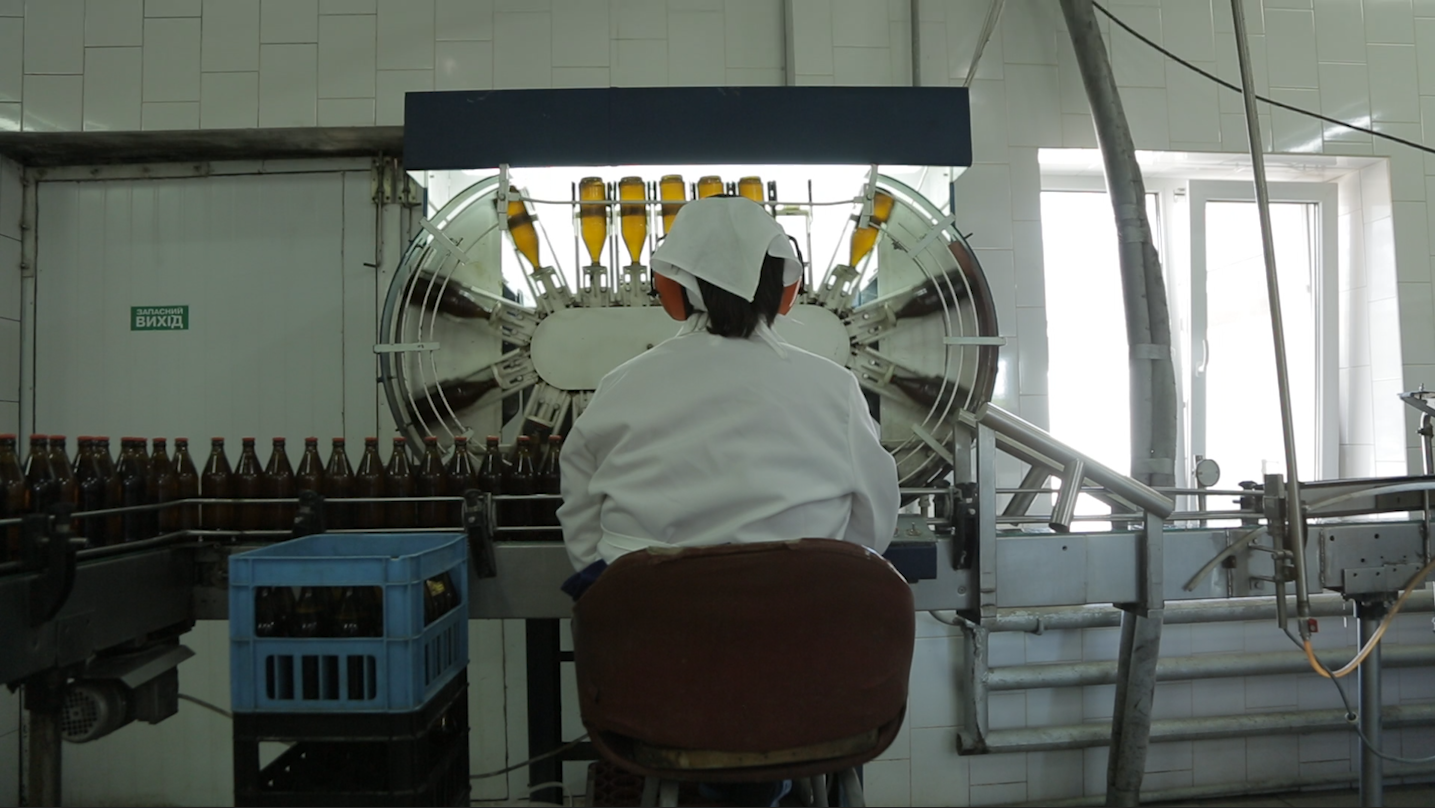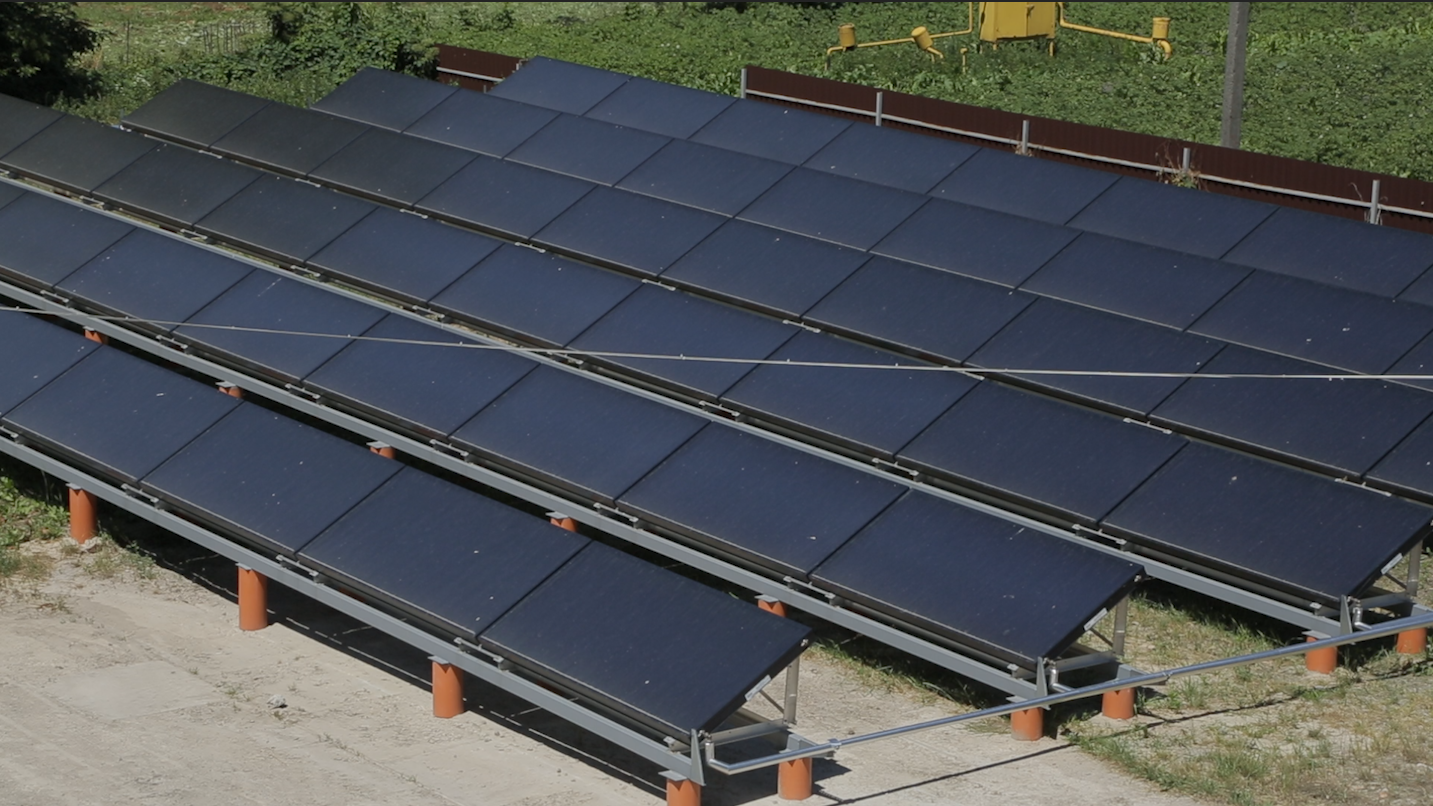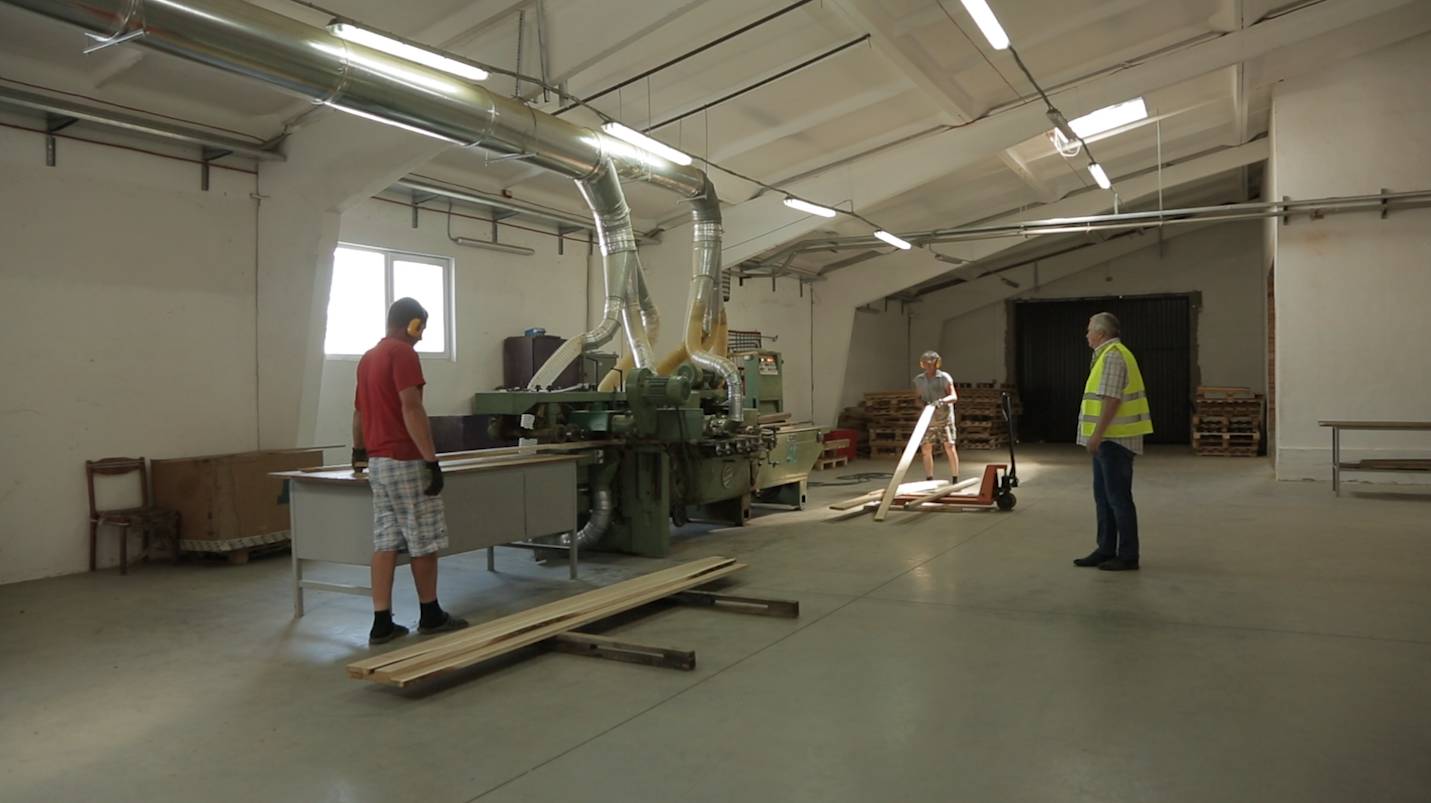

Ukrainian agriculture: a farewell to fossil fuels?
28 August 2018 Emily HILL

Known as the ‘bread-basket of Europe’, Ukraine has long been famed for its plentiful agricultural production. Agricultural and food products are the country’s biggest exports, which doesn’t come as a surprise when 70% of the country, 41.5 million hectares, is covered by agricultural land. Being the world’s foremost exporter of sunflower oil, and the sixth biggest exporter of wheat, the agri-food industry is a life-force for the Ukrainian economy.
But profitability is low and a lack of adequate financing means that businesses still rely on outdated equipment that wastes energy.
In 2011, UNIDO began a project to improve energy efficiency and promote renewable energy in the agro-food sector. With funding from the Global Environment Facility (the GEF) totaling $5,768,400, UNIDO has launched a total of 16 pilot projects. They demonstrate how new technology can reduce reliance on expensive fossil fuels, enabling businesses to increase profits while lessening the impact on the environment.
Ukraine is heavily reliant on fossil fuels, but the cost, both environmentally and financially is high. Manuel Mattiat of UNIDO’s Department of Energy explains, “The biggest benefit of these new low-carbon technologies is simply that it is much cheaper to use them, so you can increase your production.”
Ukraine’s vast fields have a huge capacity for extensive biomass usage. Vladyslava Rutytska, Vice President of the SigmaBleyzer Investment Fund, one of UNIDO’s implementing partners, is calling for an increase in the use of biomass for the production of alternative energy. She explained, “The numbers we calculated could be up to 14 or 15 % of the total energy production in Ukraine. But right now we have only 7%.” She said there is a need and a potential for a shift towards more intelligent fuels.

Among the beneficiaries from these projects is the Pavlivskiy brewery in the west of Ukraine. With UNIDO’s support, they have installed a field of solar panels, which then heat the water they feed into the boilers. Yuriy Pikuta, the director of the brewery, elaborated: “Previously, we fed water to the boilers for conversion into steam at a temperature of 10 to 12°C. Thanks to this field of solar panels, today the water comes to the boiler at a temperature of 70 to 80°C.” Now, less gas is needed to heat the water. As a result, the brewery has cut gas consumption by 20% in a year, and lowered its CO2 emissions.
“Thanks to the solar panels, the boilers are used less and definitely they generate fewer emissions into the atmosphere. The result is plain to see,” Pikuta concluded.

In the city of Boryspil in northern central Ukraine, oak-flooring producer, Variatsiya, was able to install a biomass boiler which runs on the production waste that is generated in huge quantities by their processing cycle. This boiler is then used to dry the wood, a vital but highly energy-intensive part of the production process.
Oleksandr Grabchenko, the co-owner of the company, said: “The use of solid fuel boilers and the phasing out of natural gas have given us the opportunity to avoid emitting 420 tonnes of CO2 into the atmosphere.”
As well as environmental benefits, the business has saved money, which has then been used to increase numbers of the workforce.
Looking ahead to the future, UNIDO worked in partnership with the State Agency of Energy Efficiency, another counterpart agency, to prepare practical plans in the ‘National Energy Efficiency Action Plan till 2020’ and the ‘Renewable Energy Action Plan’. During the development of a sectoral roadmap for agro-food industries multiple workshops to share results with public and private entities were organized.
Serhiy Savchuk, Head of the State Agency of Energy Efficiency, is enthusiastic about the information that these projects provide “about the profitability of such projects throughout the market,” adding that the impressive results “will give us an opportunity to attract additional funds and additional institutional investors for particular projects.”
At the national level, project experts have participated in analyzing and drafting laws aiming to support the greater uptake of energy efficiency and renewable energy in the agro-food sector, including an assessment of lessons learned from the experiences of other countries.
Having seen the implementation on the ground, all of the partner agencies are eager to expand and replicate in other sectors. With promising reductions in CO2 emissions and energy consumption, the future of renewable energy in the agribusiness of Ukraine is underway.